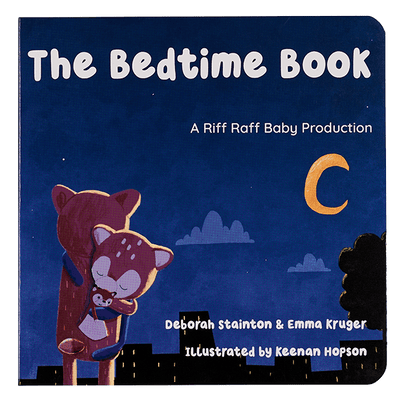The overriding public health message ‘breast is best’ makes women feel that there are only two choices to feed their baby:
1) to breastfeed and be seen as a good mother or
2) to bottle feed and be considered a bad mother.
But in reality, the way that you feed your baby does not make you a good or a bad mother and there are lots of different options for feeding your baby. The way that you choose to feed your baby can be influenced by a range of factors including; personal preference, medical history, baby’s condition at birth, work requirements, confidence, culture and religion.
Different ways that you can feed your baby include:
- Breastfeeding exclusively
- Expressing and bottle feeding
- Formula feeding
- Breastfeeding and formula feeding
- Expressing breastmilk and bottle feeding in combination with formula feeding
The nutritional benefits of breastfeeding are well known however, thereis no right or wrong way to feed your baby. So, do whatever works foryou!!
How often should my baby feed?
New-borns need between 8-12 feeds in a 24 hour period with either breastmilk, formula or a combination of the two. New-born babies should not be given water, cereal, juice or other fluids. Feeds for healthy babies should be on demand, meaning when baby shows signs that they are ready to feed, that is when you should feed them. It is important to try and tend to your baby’s hungry signs earlier, this means you won’t have to spend time trying to calm down a crying baby.
Signs baby is hungry include:
- Opening mouth and looking around
- Sucking on hands and fists
- Lip smacking
- Fussing
- Crying
As with you or I, babies don’t take the exact same amount at each feed. Sometimes they will want to take entrée, main and dessert while other feeds they may only want the main meal. It is important to trust your instincts and listen to your baby. Your baby may have periods of unsettledness or cluster feeding. Cluster feeding occurs when the baby wants to feed more regularly over a period of a few hours. Cluster feeding is normal and is thought to help increase the mother’s milk supply. Cluster feeding is not an indication of a low milk supply.
Anytime that you are worried or concerned you should speak to your healthcare provider. You should always seek help from a medical professional if your baby is not:
- Gaining weight steadily
- Having 6-8 wet nappies in 24 hours
- Settled in between feeds
- Bright and alert when awake
What about infant colic?
Infant colic is defined as crying for more than 3 hours, for more than 3days a week and for a period of at least 1 week or longer, in otherwise healthy babies. Babies who have colic are not settled by feeding, while a baby who is cluster feeding will settle with feeding. It is estimated that approximately 20% of babies will be impacted by colic, however the exact number remains unknown. The exact cause of infant colic is unknown but there are many considerations including; maternal stress, maternal postnatal depression, temperament of the baby, developmental milestones achieved, the infants sensory processing capacity and exposure to tobacco smoke. Colic usually settles by 3-4 months of age.
If you think that your baby has infant colic, it is important that you see your healthcare professional for specific advice and to rule out other medical conditions. Ways you can help a baby with infant colic include:
- Using probiotics (in particular, Lcctobacillus reuteri)
- Maternal consumption of fennel oil- Infant massage
- Skin to skin and baby wearing
It is important to note that changing your diet is unlikely to reduce colic unless your baby has been diagnosed with an allergy to something in your diet. Ceasing breastfeeding and changing to formula feeding or changing formulas will not help with colic.


















































